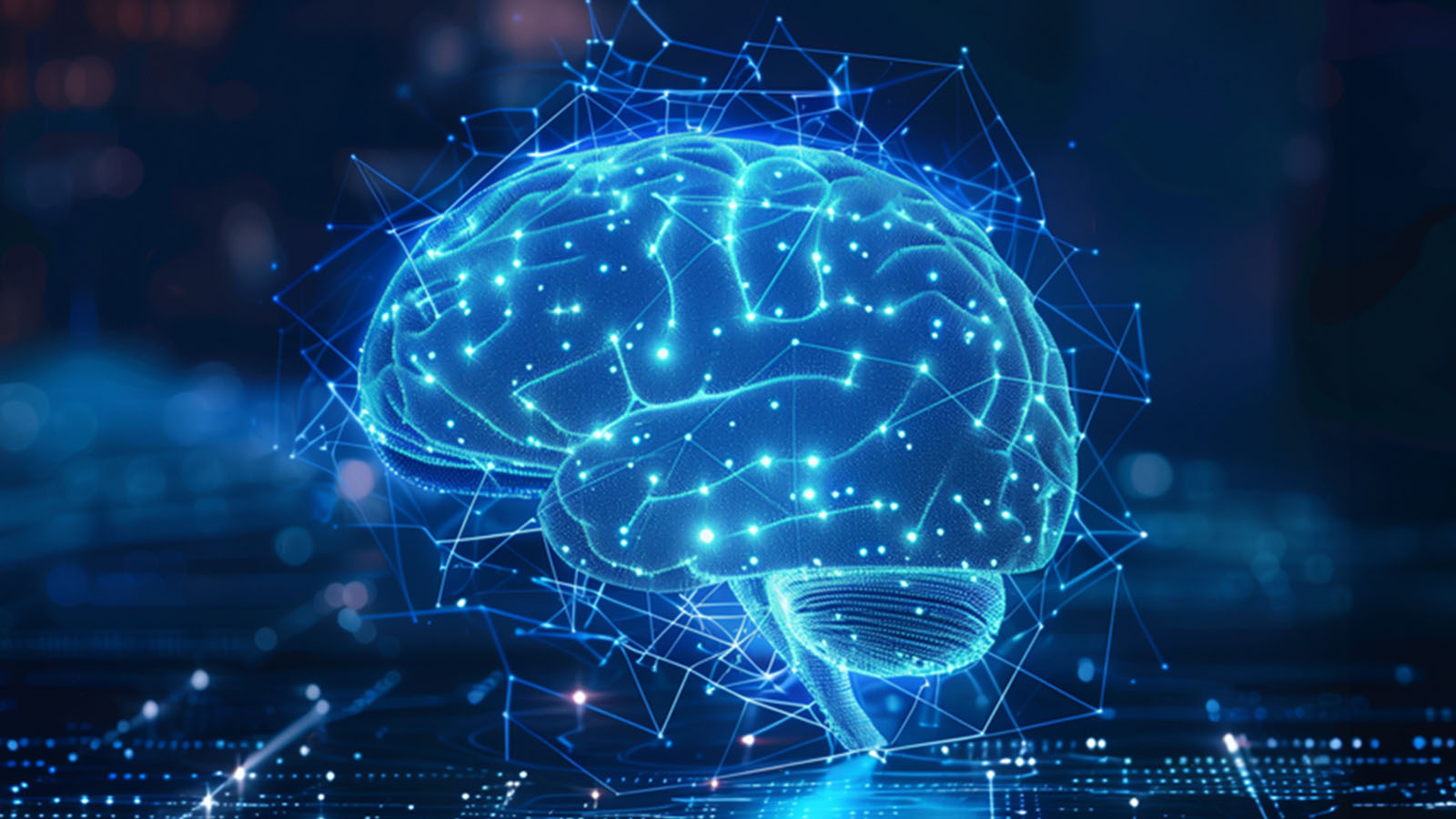

Scientists still have a great deal to learn about the basis of intelligence and the fundamental mechanisms behind how humans, animals, and machines learn, compute, and reason. Researchers at Harvard’s Kempner Institute are using artificial intelligence (AI) to analyze large sets of data, leading to insights about how brains function. The Kempner is committed to advancing the science of AI, building theoretical insight that allows researchers to peer into the black boxes of modern AI models to better understand their strengths, weaknesses, and optimal use cases. Enriching the science of AI also helps lay the groundwork for the next generation of AI models and training methods.
Kempner Institute researchers study the foundations of intelligence in natural and artificial systems with the aim of eventually leveraging these findings to develop groundbreaking tools and technologies that can be applied to everything from treating disease to emergency preparedness.
One of the largest academic computer clusters in the world, and housed at the MGHPCC, the Kempner AI cluster is currently comprised of 384 H100, 144 A100, and 40 H200 GPUs. The cluster will be expanded in Q1 2026, scaling the system to a total of 384 H200, 384 H100, 144 A100, and 192 RTX 6000 PRO GPUs.
Follow the Kempner Institute on X at @KempnerInst, on GitHub at: https://github.com/KempnerInstitute, and on Hugging Face at: https://huggingface.co/KempnerInstituteAI